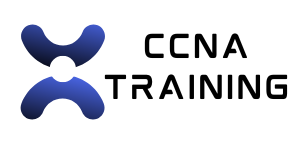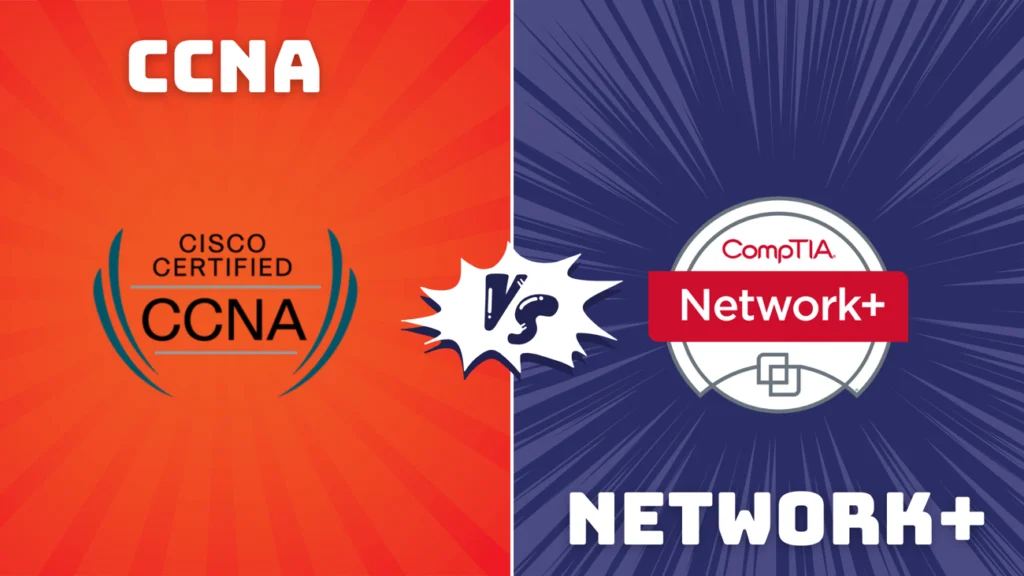Cisco certification is a globally recognized credential that validates the skills and expertise of IT professionals in networking and related technologies. Cisco Systems, Inc. is a leading multinational technology company that specializes in networking hardware, software, and services. The company offers a range of certification programs that cover various levels of expertise, from entry-level to expert-level. Cisco certifications are highly regarded in the industry and are often considered a benchmark for networking professionals.
Earning a Cisco certification demonstrates a commitment to professional development and a dedication to staying current with the latest technologies and best practices in the field. It can open up new career opportunities, increase earning potential, and provide a competitive edge in the job market. Whether you are just starting out in your IT career or looking to advance to the next level, Cisco certification can be a valuable asset in achieving your professional goals.
Key Takeaways
- Cisco certification is a valuable credential for IT professionals looking to advance their careers in networking and technology.
- Obtaining a Cisco certification can lead to increased job opportunities, higher salaries, and professional recognition in the industry.
- Cisco offers certifications at different levels, including entry, associate, professional, expert, and architect, allowing individuals to progress in their careers.
- To prepare for Cisco certification exams, candidates can take advantage of study materials, practice tests, and training courses offered by Cisco and other authorized providers.
- Professionals with Cisco certification can pursue various career opportunities, including network engineer, network administrator, security analyst, and IT manager, among others.
Benefits of Cisco Certification for Your Career
Cisco certification offers a wide range of benefits for your career. Firstly, it validates your skills and expertise in networking and related technologies, which can enhance your credibility and reputation as an IT professional. Employers often look for candidates with industry-recognized certifications, and having a Cisco certification can make you stand out among other applicants.
Secondly, Cisco certification can lead to increased earning potential. According to a survey conducted by Global Knowledge, IT professionals with Cisco certifications tend to earn higher salaries compared to their non-certified counterparts. This is because Cisco certification demonstrates a higher level of expertise and proficiency, which can command higher pay in the job market.
Furthermore, Cisco certification can open up new career opportunities. Many employers specifically look for candidates with Cisco certifications when hiring for networking and IT positions. Whether you are looking to advance in your current role or transition to a new job, having a Cisco certification can give you a competitive edge in the job market.
Different Levels of Cisco Certification
Cisco offers certifications at various levels, catering to individuals with different levels of expertise and experience in networking. The entry-level certification is the Cisco Certified Entry Networking Technician (CCENT), which is a foundational certification for those new to the field of networking. It covers basic networking concepts and skills, making it an ideal starting point for beginners.
The next level is the Cisco Certified Network Associate (CCNA) certification, which is designed for network professionals with one to three years of experience. CCNA certification validates the ability to install, configure, operate, and troubleshoot medium-sized routed and switched networks.
Moving up the ladder, the Cisco Certified Network Professional (CCNP) certification is intended for individuals with at least one year of networking experience. It covers more advanced topics such as implementing, troubleshooting, and optimizing networks.
Finally, the highest level of certification offered by Cisco is the Cisco Certified Internetwork Expert (CCIE), which is considered the pinnacle of networking certifications. CCIE certification is designed for expert-level network engineers and validates the ability to plan, operate, and troubleshoot complex, converged network infrastructures on a wide variety of Cisco equipment.
How to Prepare for Cisco Certification Exams
| Exam | Duration | Number of Questions | Passing Score |
|---|---|---|---|
| CCNA | 90 minutes | 50-60 | Passing score varies |
| CCNP | 120 minutes | 45-65 | Passing score varies |
| CCIE | 6 hours | 80-100 | Passing score varies |
Preparing for Cisco certification exams requires dedication, time, and effort. There are various resources available to help you study and prepare for the exams, including official Cisco training courses, study guides, practice exams, and online forums.
One of the best ways to prepare for Cisco certification exams is to enroll in official training courses offered by Cisco Learning Partners. These courses are designed to provide comprehensive coverage of the exam topics and are taught by certified instructors with real-world experience in networking.
In addition to training courses, it is important to supplement your studies with self-study materials such as study guides and practice exams. These resources can help you reinforce your understanding of the exam topics and identify areas where you need to focus your efforts.
Furthermore, joining online forums and study groups can be beneficial for sharing knowledge and experiences with other candidates preparing for the same exams. Engaging with a community of peers can provide valuable insights and support as you work towards earning your Cisco certification.
Career Opportunities with Cisco Certification
Earning a Cisco certification can open up a wide range of career opportunities in the field of networking and IT. With a Cisco certification, you may qualify for roles such as network administrator, network engineer, systems engineer, technical support engineer, and network security specialist.
Many organizations specifically look for candidates with Cisco certifications when hiring for networking positions. Having a Cisco certification can give you a competitive edge in the job market and increase your chances of landing a desirable job in the industry.
Furthermore, Cisco certification can lead to career advancement opportunities within your current organization. With a higher level of expertise and proficiency demonstrated by your certification, you may be considered for promotions or opportunities to take on more challenging and rewarding roles within your company.
Success Stories of Professionals with Cisco Certification

There are countless success stories of professionals who have achieved great career success with their Cisco certifications. For example, John Smith started his career as a network technician but was able to advance to a senior network engineer position after earning his CCNP certification. His certification not only validated his skills but also opened up new career opportunities for him.
Similarly, Jane Doe was able to transition from a help desk support role to a network administrator position after earning her CCNA certification. Her certification demonstrated her commitment to professional development and helped her stand out among other applicants when applying for the new role.
These success stories highlight the impact that Cisco certification can have on an individual’s career trajectory. By earning a Cisco certification, professionals can achieve their career goals and advance to higher-level positions within the industry.
Tips for Maximizing the Value of Your Cisco Certification
To maximize the value of your Cisco certification, it is important to stay current with the latest technologies and best practices in the field of networking. Continuing education and staying updated with industry trends can help you maintain the relevance of your certification and ensure that it continues to benefit your career.
Networking with other professionals in the industry can also be beneficial for maximizing the value of your Cisco certification. Building relationships with peers and mentors can provide valuable insights and opportunities for career growth.
Furthermore, considering pursuing additional certifications or specializations within the field of networking can help you expand your skill set and increase your value as an IT professional. By continuously investing in your professional development, you can ensure that your Cisco certification remains a valuable asset throughout your career.
In conclusion, Cisco certification offers numerous benefits for IT professionals, including increased earning potential, new career opportunities, and career advancement. By preparing diligently for the exams and staying current with industry trends, professionals can maximize the value of their Cisco certification and achieve their career goals in the field of networking and IT.
FAQs
What is Cisco certification?
Cisco certification is a globally recognized certification program for IT professionals who want to demonstrate their expertise in Cisco networking technologies and solutions.
What are the different levels of Cisco certification?
Cisco certification is divided into five levels: Entry, Associate, Professional, Expert, and Architect. Each level represents a different stage of expertise and knowledge in Cisco technologies.
What are the benefits of obtaining a Cisco certification?
Obtaining a Cisco certification can lead to career advancement, increased job opportunities, higher salary potential, and recognition of expertise in Cisco networking technologies.
What are the different tracks available for Cisco certification?
Cisco certification offers various tracks, including Routing and Switching, Security, Collaboration, Data Center, Service Provider, and more. Each track focuses on specific Cisco technologies and solutions.
How can I prepare for a Cisco certification exam?
You can prepare for a Cisco certification exam by taking training courses, studying official Cisco certification guides, practicing with hands-on labs, and using practice exams to test your knowledge.
Are there any prerequisites for obtaining a Cisco certification?
Some Cisco certifications have prerequisites, such as having a certain level of experience or obtaining a lower-level certification before pursuing a higher-level certification. It’s important to review the specific requirements for each certification track.














